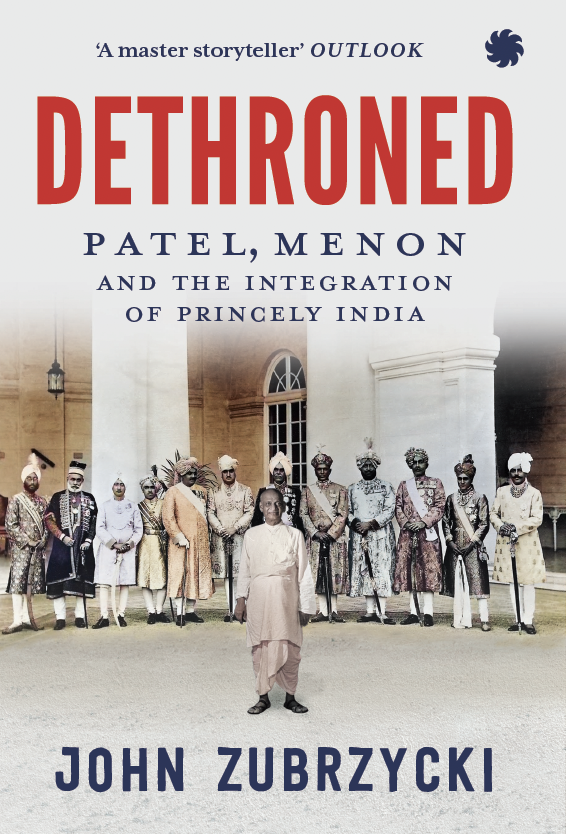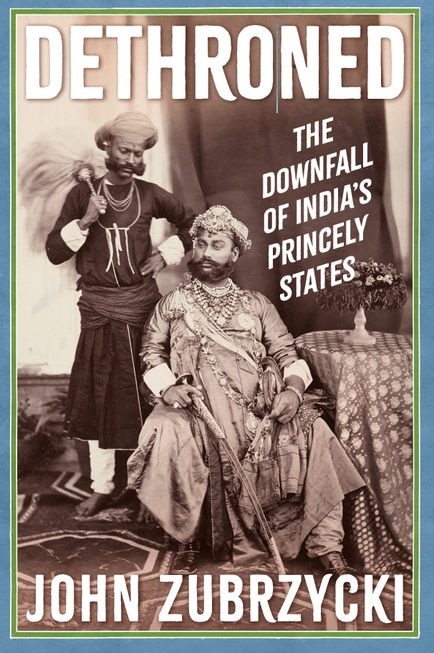Dethroned: Patel, Menon and the Integration of Princely India
Juggernaut, Hurst, 2023
'Dethroned is set to become a classic on the end of India’s and Pakistan’s aristocracy. The downfall of the princely states has finally been given the theatrical telling it deserves.'
The Spectator
'Gripping history – exhaustively researched, and written with all the pace and tension of a thriller.'
The Telegraph
Juggernaut, Hurst, 2023
'Dethroned is set to become a classic on the end of India’s and Pakistan’s aristocracy. The downfall of the princely states has finally been given the theatrical telling it deserves.'
The Spectator
'Gripping history – exhaustively researched, and written with all the pace and tension of a thriller.'
The Telegraph


